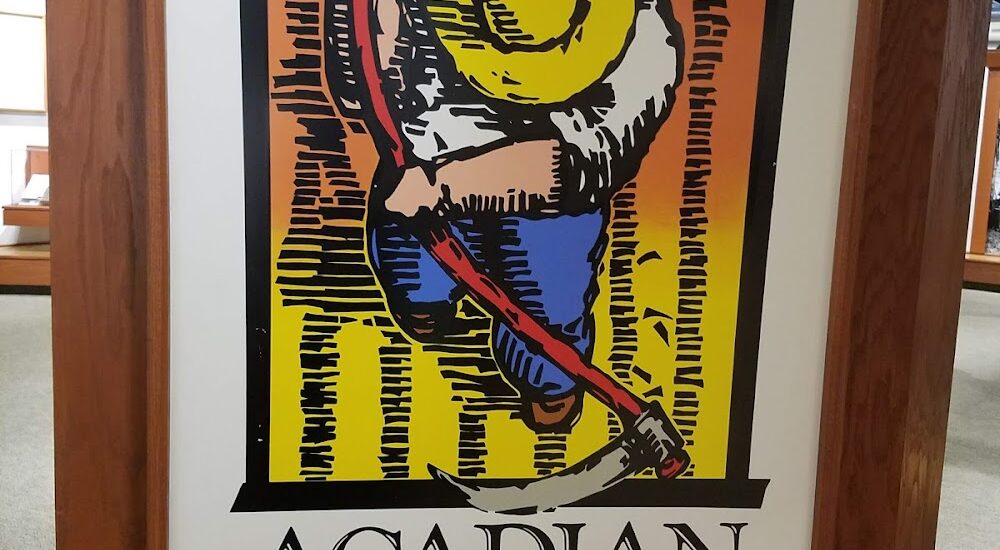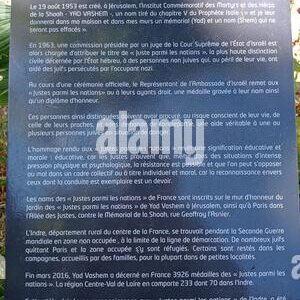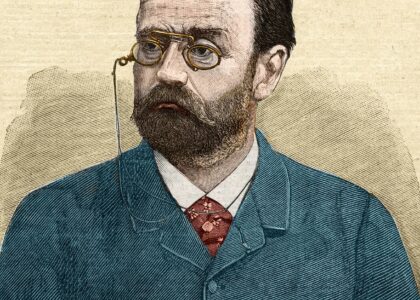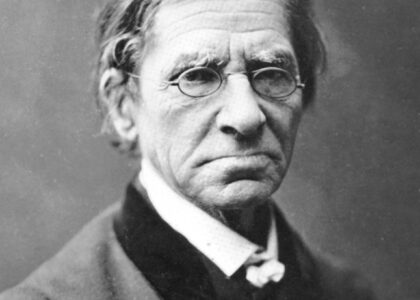Welcome to the Prairie Acadian Cultural Center, a vibrant hub of Cajun culture and history located in Eunice, Louisiana. This center is part of the Jean Lafitte National Historical Park and Preserve, dedicated to preserving and sharing the rich cultural heritage of the Acadian people who settled in Louisiana, becoming known as the Cajuns.
The story of the Acadians begins in the early 17th century when French settlers, primarily from the rural areas of western France, made their way to Acadie, now Nova Scotia. Over time, these settlers prospered, but in 1755, they were forcibly expelled by the British—a tragic event known as Le Grand Dérangement. Many Acadians found their way to Louisiana, where they adapted to their new environment, weaving their cultural threads into the local tapestry, becoming what we know today as Cajuns.
The Prairie Acadian Cultural Center in Eunice plays a crucial role in bringing the stories of these resilient people to life. Through its exhibits, visitors can explore the unique lifestyle of the Acadians, characterized by their distinct music, dance, and culinary traditions. The center often hosts live music performances and craft demonstrations, allowing guests to experience firsthand the lively spirit of Cajun culture.
One of the key figures associated with the area is C.C. Duson, a former lawman and developer who founded the city of Eunice in the late 19th century. Named after his wife, Eunice Pharr Duson, the city quickly grew, thanks in part to the Southern Pacific Railroad extending its line to the new town. This growth helped establish Eunice as a cultural and commercial hub in the region.
The Prairie Acadian Cultural Center is not just a place to learn about the past; it is a living testament to the enduring legacy of the Acadian people. It showcases how they have maintained their cultural identity while integrating into the diverse cultural landscape of Louisiana. Visitors can immerse themselves in stories of the past, gaining an appreciation for the Cajun way of life, which continues to evolve and thrive to this day.






